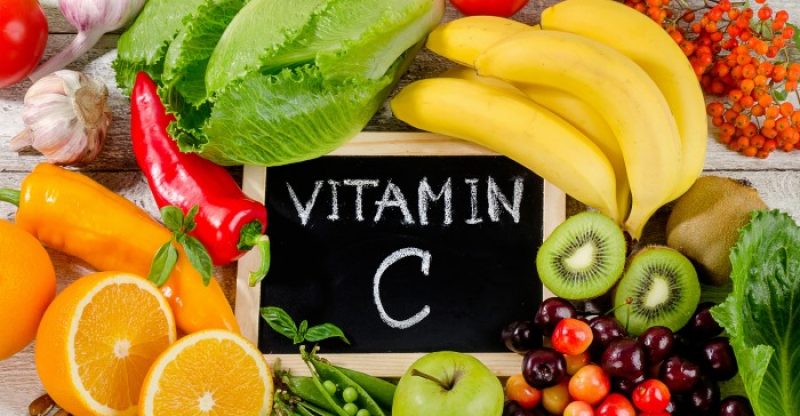
How Can Vitamins Give You More Energy?
It's important to think of energy vitamins in the same way you might think of food for energy, rather than how you'd think about caffeine. If you don't get enough food, you'll be exhausted, but continuing to eat after you're full won't yield any additional benefits and may be counterproductive. The same is true for vitamins.
Vitamins for Energy
Just because vitamins don't work like caffeine doesn't mean they're not useful for providing energy. One of the main reasons that people lack the vibrant energy they desire is that they're deficient in several key vitamins that promote proper functioning in cells. When these deficiencies are present, the body is much less efficient and exhaustion and fatigue are common.
Therefore, remedying these deficiencies can greatly improve energy levels.
The Energy Vitamins
Below are some of the vitamins most likely to increase energy. Deficiency in these vitamins often leads to extremely low energy levels, and fixing the deficiency will do wonders for boosting natural energy levels.
1. Vitamin C
One of the first signs of vitamin C deficiency is fatigue, which is often accompanied by joint and muscle aches. As deficiency becomes more severe, extreme weight loss is common along with further tiredness and eventually scurvy and even death. Vitamin C deficiency is relatively common in those who eat poor diets composed of processed foods with few fruits or vegetables. It is also a problem for health and weight loss enthusiasts on very -low-carb or ketogenic diets that limit intake of fruits and vegetables.
As described in this article on vitamin C, research has demonstrated that a large number of people are vitamin C deficient, and that supplementation may reduce risk of heart disease and prolong life in people who are deficient.
If you're not already eating fruits and vegetables daily, vitamin C supplementation will almost certainly improve health and may lead to increased energy levels.
2. Vitamin B12
Vitamin B12 deficiency is extremely common in vegetarians and vegans, as virtually all foods that contain vitamin B12 are animal foods. As highlighted in another article specifically about the function of vitamin B12, B12 deficiency often caused chronic fatigue, decreased cognitive function, depression and anxiety.
Most people who don't consciously avoid meat don't have vitamin B12 deficiency and probably don't have to worry. Vegetarians should make a point to get eggs and milk regularly though, and vegans need to supplement vitamin B12 or get B12-enriched foods.
The interesting thing about B12, however, is that it can be consumed in extremely large quantities without any toxicity. This means that the range for healthy consumption is very large. Some people do experience increased energy when supplementing large amounts of vitamin B12, although this effect is not universal or clinically proven. Because of the lack of toxicity, you may want to experiment with B12 supplementation for a brief period of time and see if you notice increased energy levels.
3. Vitamin D
Vitamin D deficiency is associated with depression, fatigue and many other health problems. Due to sedentary lifestyles and indoor work environments, vitamin D deficiency is extremely common in modern society. Some studies have estimated that nearly 50 percent of US residents are deficient, and that as much as 80 percent of people are not getting optimal levels of intake.
If you're not getting frequent mid-day sun exposure and some vitamin D rich foods like fatty fish, eggs, dairy and organ meats like liver, it's a good idea to supplement vitamin D, both to eliminate fatigue and for a variety of other health factors. Getting between 2000 and 4000 IU per day is a good rule of thumb.
To find Healthy Nutritious Vitamins & Supplements you can visit our online store at http://www.vitallifenutritionals.com/.